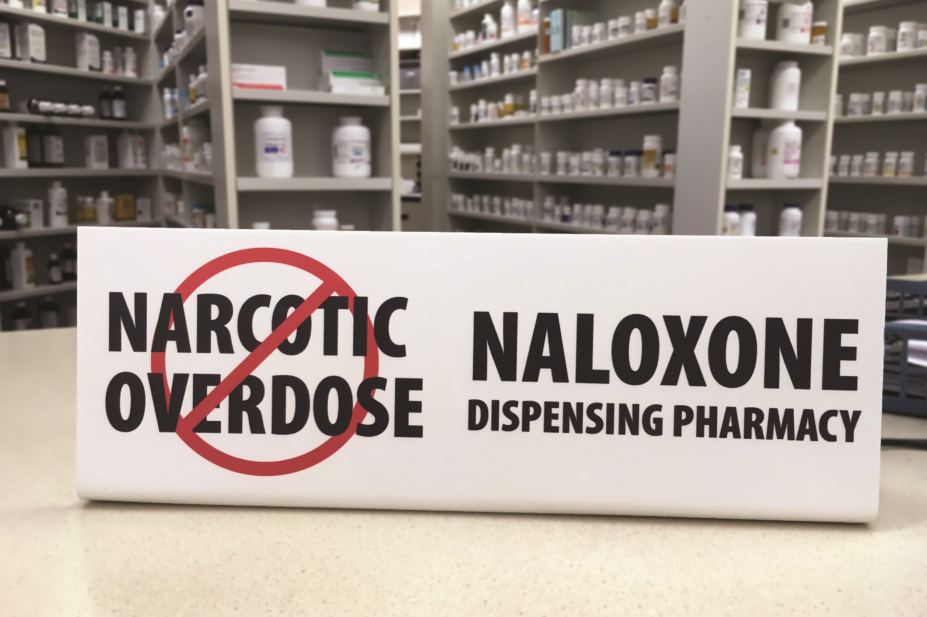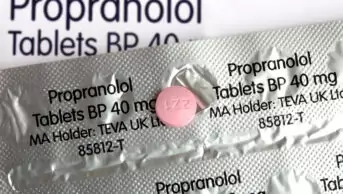
Shutterstock.com
The International Pharmaceutical Federation (FIP) has called for pharmacy organisations to engage with policymakers and health authorities to ensure more pharmacist involvement in drug harm reduction services.
The FIP report also recommends that careful consideration be given to the possible role of pharmacists working in the community and hospitals in the supply of marijuana or marijuana-containing products for medicinal use.
‘Reducing harm associated with drugs of abuse — the role of pharmacists’, written by the FIP’s working group on pharmacists’ role in harm reduction, aims to influence future FIP policy on the role of pharmacists in discouraging the use of potentially harmful substances for recreational purposes, and in fighting substance abuse and addiction.
FIP’s recommendations
The report says that a comprehensive service should be provided by community pharmacies that could include syringe and needle exchange programmes; opioid substitution therapy; the supply of naloxone as a means to manage inadvertent overdose; and the provision of health promotion services such as testing for sexually transmitted infections.
It describes and compares harm reduction services such as needle exchange and opioid substitution in different regions and countries, including Europe, the USA, Canada, central Asia and the Middle East.
According to the report, the provision of syringe and needle exchange programmes is well developed in high-income countries, but the situation in low- and middle-income countries is very different and drug services for vulnerable populations are rare.
“Of 158 countries that reported people who inject drugs, only 90 implement needle exchange programmes,” said working group chair Andy Gray.
“Yet the benefits of harm reduction are many — both to individuals and society — including prevention of infection by HIV and hepatitis C, fewer overdoses and less drug-related criminal activity,” he added.
The FIP report is the outcome of a literature search conducted by the FIP working group, and insights gained from the direct involvement of some working group members in the provision of harm reduction services and development of national policies in this area.
It is anticipated that the report will lead to a new statement of FIP policy in this area.


